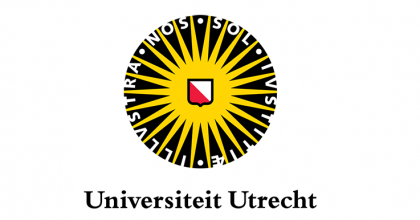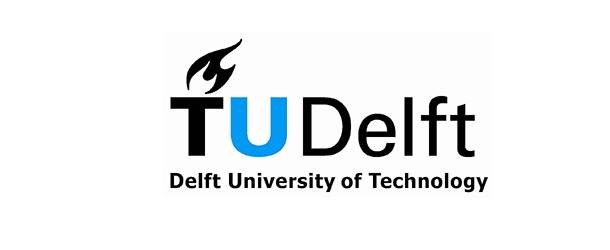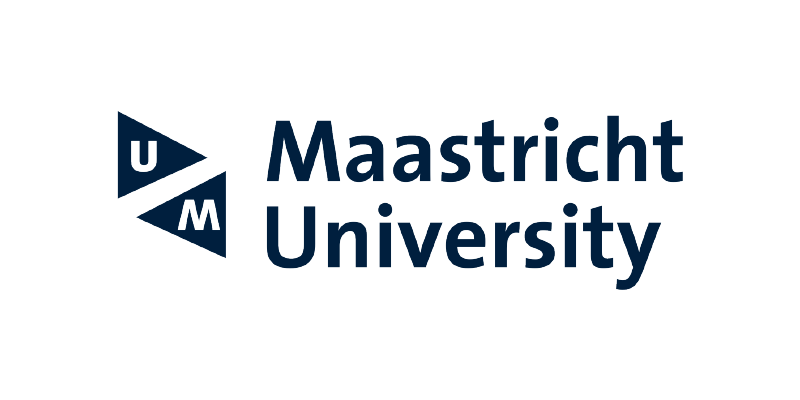Snabbfakta
-
- Utrecht
- Heltid
- Rekrytering
Kategorier:
- Miljövetenskap
Titlar:
- Doktorand
Ansök senast: 2024-10-31
PhD Position on the Ecology of Human-Wild Ungulate Interactions
WildlifeNL seeks 6 PhD students that, with societal partners, explore improved ways of coexistence of people, wild mammals and large grazers in the Netherlands.
Job description
Join WildlifeNL as a PhD candidate in Ecology of Human-Wild Ungulate Interactions. You will investigate the behavioural interactions between wild ungulates and local communities in the Netherlands. Using advanced technological tools, you will study how human activities influence ungulate behavior, and vice versa, and develop interventions to reduce conflicts. Collaborate with an interdisciplinary team to promote human-wildlife coexistence and contribute to impactful research in wildlife management.
Your job
Numbers of several wild mammal species are increasing in the Dutch landscape, while free-roaming cattle and horses (hereafter, large grazers) are also increasingly used in nature management. For a densely populated country like the Netherlands, this means that there are constant interactions between people and wild mammals or large grazers. While these are often experienced as positive, they also sometimes lead to conflicts: between people and animals, or between people. With a broad consortium of researchers and societal partners, WildlifeNL studies ways to support coexistence between humans and wildlife. We investigate the interactions between humans and animals, and explore how the behaviour of wildlife and humans can be influenced in such a way that a low-conflict coexistence of humans and wildlife becomes possible. The research is approached through diverse scientific disciplines in close cooperation with various societal partners, such as nature managers, farmers, hunters, animal welfare organisations and government agencies. We are currently looking for a team of six PhD candidates with backgrounds in ecology, social science and philosophy.
As a PhD candidate in Ecology of Human – Wild Ungulate interactions, you, as part of the WildlifeNL team, will focus on studying the behavioural interactions between wild ungulates and inhabitants in two living labs, Grenspark KempenBroek and Nationaal Park Zuid-Kennemerland. You will use technological tools to firstly better understand how and why people and wild ungulates react to each other in the ways they do and in certain cases come to conflict. In doing so, you will pay special attention to the relationships between human activity/behaviour (particularly land use and nature/wildlife management) and the factors that influence animal behaviour (particularly food availability and fear/disturbance). In a second phase, you will apply the acquired knowledge to test interventions, partly again using technological tools that can influence animal and human behaviour in such a way that lower levels of conflicts arise. You will study all of this from a natural scientific, ecological, perspective. You will work closely with the other WildlifeNL PhD candidates to work towards novel strategies to promote human-wildlife coexistence.
Requirements
- You have a Master’s degree in Ecology or a similar field.
- You are fluent in both spoken and written English.
- You have demonstrable experience with advanced statistical models in R.
- You are flexible and open-minded and have excellent communication skills. You have demonstrable communication with diverse stakeholders (e.g., different disciplines or societal actors).
- You have a collaborative spirit and the ability to work effectively both independently and as part of an interdisciplinary team of other PhD candidates, senior scientists, and societal partners.
- You have strong skills in academic writing, and published work as the first author (or high-quality unpublished work) will be considered an advantage.
- You have a strong interest in working inter- and transdisciplinary and in human-wildlife interactions and their management.
- You can demonstrate a clear affinity with stakeholder engagement, preferably you have experience in this, particularly in relation to stakeholders relevant to the job description.
- You can demonstrate an affinity with societally relevant and/or applied research.
- You have demonstrable experience with ecological fieldwork, ideally related to the job description (e.g., with camera trapping and field work related to the ecology of large mammals) and for extended periods (months).
- You have a strong affinity with the relationships between wildlife and human land use (e.g. agriculture).
- You are willing to do long periods of fieldwork (many months per year).
- Demonstrable understanding of the ecology and management of wild ungulates counts as a merit.
Conditions of employment
We offer:
- a position for one year, with an extension to a total of four years upon a successful assessment in the first year, and with the specific intent that it results in a doctorate within this period;
- a gross monthly salary between €2,872 and €3,670 in the case of full-time employment (salary scale P under the Collective Labour Agreement for Dutch Universities (CAO NU));
- 8% holiday pay and 8.3% year-end bonus;
- a pension scheme, partially paid parental leave and flexible terms of employment based on the CAO NU.
In addition to the terms of employment laid down in the CAO NU, Utrecht University has a number of schemes and facilities of its own for employees. This includes schemes facilitating professional development, leave schemes and schemes for sports and cultural activities, as well as discounts on software and other IT products. We also offer access to additional employee benefits through our Terms of Employment Options Model. In this way, we encourage our employees to continue to invest in their growth. For more information, please visit Working at Utrecht University.
Employer
Universiteit Utrecht
A better future for everyone. This ambition motivates our scientists in executing their leading research and inspiring teaching. At Utrecht University, the various disciplines collaborate intensively towards major strategic themes. Our focus is on Dynamics of Youth, Institutions for Open Societies, Life Sciences and Pathways to Sustainability. Sharing science, shaping tomorrow.
Utrecht University’s Faculty of Geosciences studies the Earth: from the Earth’s core to its surface, including man’s spatial and material utilisation of the Earth – always with a focus on sustainability and innovation. With 3,400 students (BSc and MSc) and 720 staff, the faculty is a strong and challenging organisation. The Faculty of Geosciences is organised in four departments: Earth Sciences, Human Geography & Spatial Planning, Physical Geography, and Sustainable Development.
Additional information
For more information about this position, please contact Joris Cromsigt at j.p.g.m.cromsigt@uu.nl.



